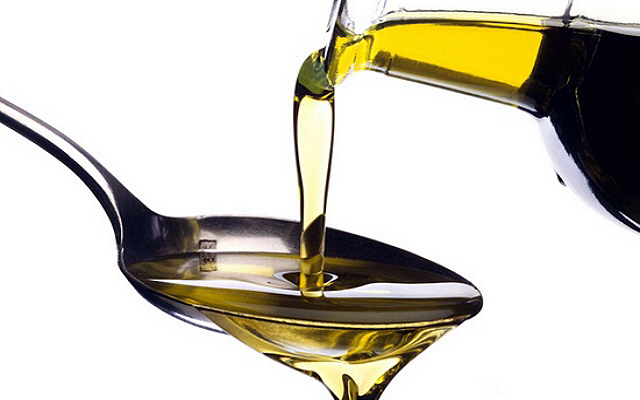ATV Tech: Fluids, Let’s Talk Synthetic vs. Conventional
We all know that everything we hear about on commercials can’t possibly be true. We also know that company marketing teams can make a whole lot of promises; oftentimes superseding the capabilities of even the best possible product. Yet when it comes to the fluids in our ATVs, we’re generally presented with the option of synthetic versus conventional concerning everything from the motor oil itself to the brake fluid, from the transmission to the power steering.
So what’s synthetic really all about and is it worth the hike in price? We sat down with representatives from many of the leading fluid manufacturers to get the straight facts.
Let’s start by defining conventional fluids. In the case of oil (and a majority of the specialized fluids that stem from it), it begins life as naturally-occurring crude. You know, the stuff that came about as a result of the decay of organisms from a few hundred million years back.
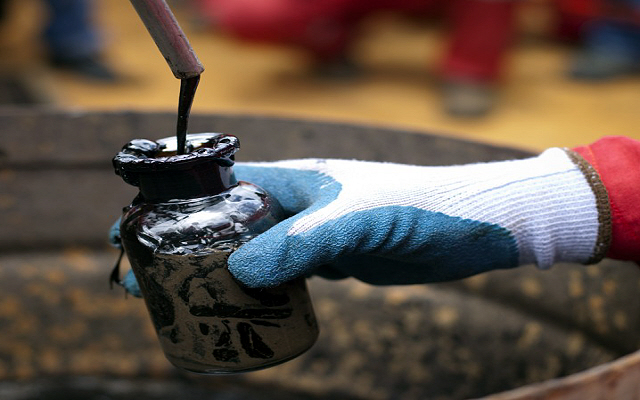
Sure crude can be a slippery substance in its own right, the trouble is mother nature never worried much about the consistency of the molecules within said crude. We human-types take the crude and transport it to a refinery where we take it apart by weights into what we need: One fraction may become gasoline, another diesel, still another base oil.
Notice we said that the molecules are separated by weights. This is crucial because crude contains millions of different kinds of molecules. and while many are similar in weight, few are similar in structure. Because refining separates products by weight (rather than molecular structure), it groups molecules of similar weight but dissimilar structure. What this means in simple English is that refined crude lubricants are going to contain a wide assortment of molecules. There’s no getting around it.
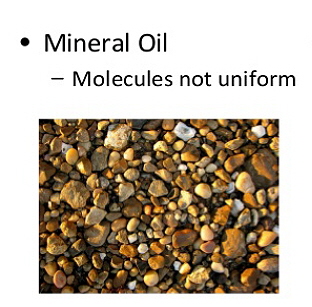
So you may be thinking, what’s wrong with that? Bonus molecules in my fluid! Trouble is not all of these other molecules benefit the lubrication process. In fact, some actually work against it. Some of these can thicken oil up and slow its flow in the cold, others break down to form sludge and others still do no real harm but damage the environment when burned etc.
Enter synthetic. While the name sounds like it must be something we manufacture entirely, the truth is synthetic is also a natural product. The difference is it is designed from the ground up to perform a singular task and hence doesn’t contain a potpourri of unnecessary molecules.
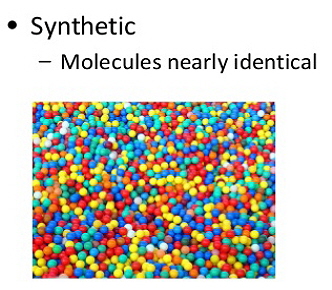
Synthetic lubricants are chemically engineered in a lab to form pure lubricants. How can that be? Well, scientists start with a naturally-occurring base product. Let’s say natural gas or methane (rather than crude) because they are a very small molecule. Anyone who has taken 9th grade science knows that many gases can easily be turned into liquid form. They then separate all of those tiny molecules so that they can become the building blocks of a more unified base oil.
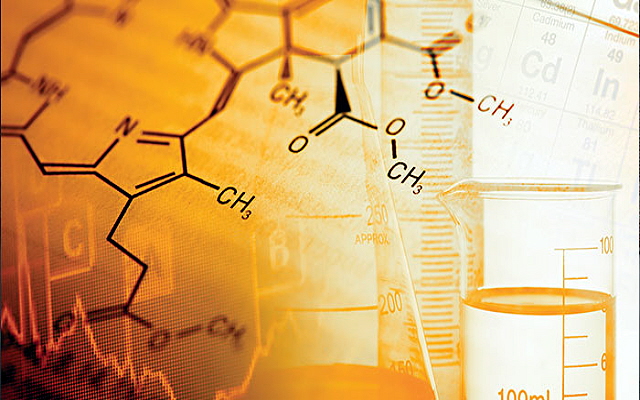
Now that they have their building blocks, scientists are free to add only molecules that they see fit. In other words, no random molecules of the same weight sneaking in. Additionally, this allows them to add molecules that actually help the fluid perform its objective more effectively. Oil doesn’t just lube your engine internals, it’s also asked to cool, flow, seal and clean. Synthetic allows elements to be added at this phase to do these things automatically.
Lastly, because all of the molecules are unified right from the get-go, synthetic tends to slip more efficiently against one another (the odd shapes of conventional oil molecules can often get hung up on one another and create resistance). Molecular uniformity also helps synthetics resist thinning in heat and thickening in cold.
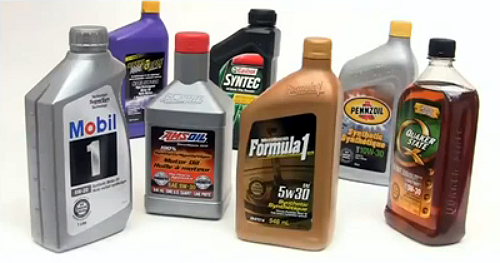
So there you have it. Synthetic is the future and all conventional oil should be shunned, right? Not so. While synthetic offers a whole host of undeniable benefits, conventional still has a place in our society as well. For starters, it will always be more affordable to purchase. And while we’re still getting a mix of molecules in conventional oil, the separation process has steadily improved throughout the years. Also, because crude has already been removed from the ground to create our gasoline, diesels, etc., the base oil faction is essentially there for the taking. It would be foolish to simply throw it all away because something better exists.
Experts do remind though that synthetics tend to get lumped together into a single category. Do your research, many blends and formulations are designed for specific purposes or weather conditions. Just because the bottle says synthetic, don’t assume it’s automatically the better choice for your machine/ climate.

Always remember the golden rule – while it is likely the perfect formulation, weight, viscosity, blend, color and cost fluid for your needs is out there somewhere, it is ALWAYS far more beneficial to keep your fluids topped off (even with inferior ones) than to let them run low while waiting to get a bottle of your favorite stuff. Don’t let the old rumor that synths and conventional can’t be blended scare you either. Yes it’s true doing so undoes many of the advantages of running strictly synthetic, you can always drain the blend and run whatever you’d like after. Seizing up your engine by having too little oil, however, is never an option.

